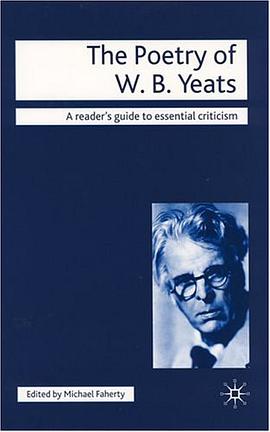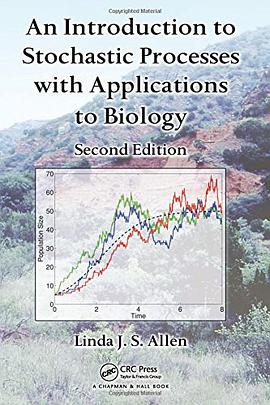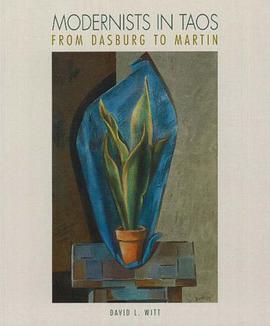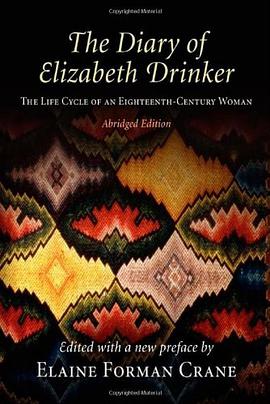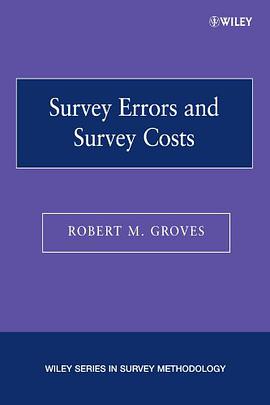

Passing for what you are not- - whether it is mulattos passing as white, Jews passing as Christian, or drag queens passing as women -- can be a method of protection or self-defence. But it can also be a uniquely pleasurable experience, one that trades on the erotics of secrecy and revelation. It is precisely passing's radical playfulness, the way it asks us to reconsider our assumptions and forces our most cherished fantasies of identity to self-destruct, that is centrally addressed in Passing: Identity and Interpretation in Sexuality, Race, and Religion. Identity in Western culture is largely structured around visibility, whether in the service of science (Victorian physiognomy), psychoanalysis (Lacan's mirror stage), or philosophy (the Panopticon). As such, it is charged with anxieties regarding classification and social demarcation. Passing wreaks havoc with accepted systems of social recognition and cultural intelligibility, blurring the carefully-marked lines of race, gender, and class. Bringing together theories of passing across a host of disciplines -- from critical race theory and lesbian and gay studies, to literary theory and religious studies -- Passing complicates our current understanding of the visual and categories of identity. Contributors: Michael Bronski, Karen McCarthy Brown, Bradley Epps, Judith Halberstam, Peter Hitchcock, Daniel Itzkovitz, Patrick O'Malley, Miriam Peskowitz, Maria C. Sanchez Linda Schlossberg, and Sharon Ullman
具体描述
读后感
评分
评分
评分
评分
用户评价
相关图书
本站所有内容均为互联网搜索引擎提供的公开搜索信息,本站不存储任何数据与内容,任何内容与数据均与本站无关,如有需要请联系相关搜索引擎包括但不限于百度,google,bing,sogou 等
© 2025 book.wenda123.org All Rights Reserved. 图书目录大全 版权所有


